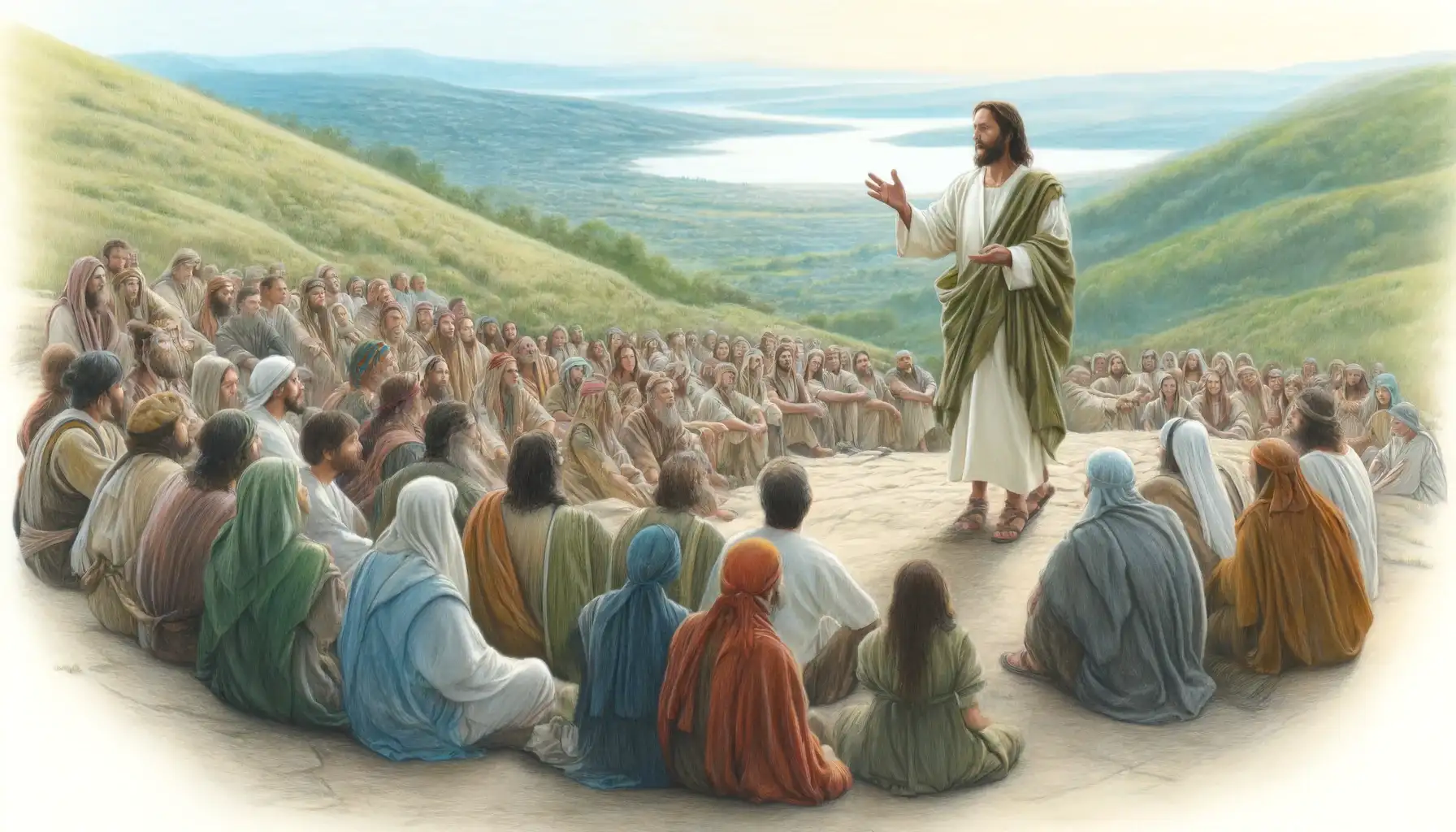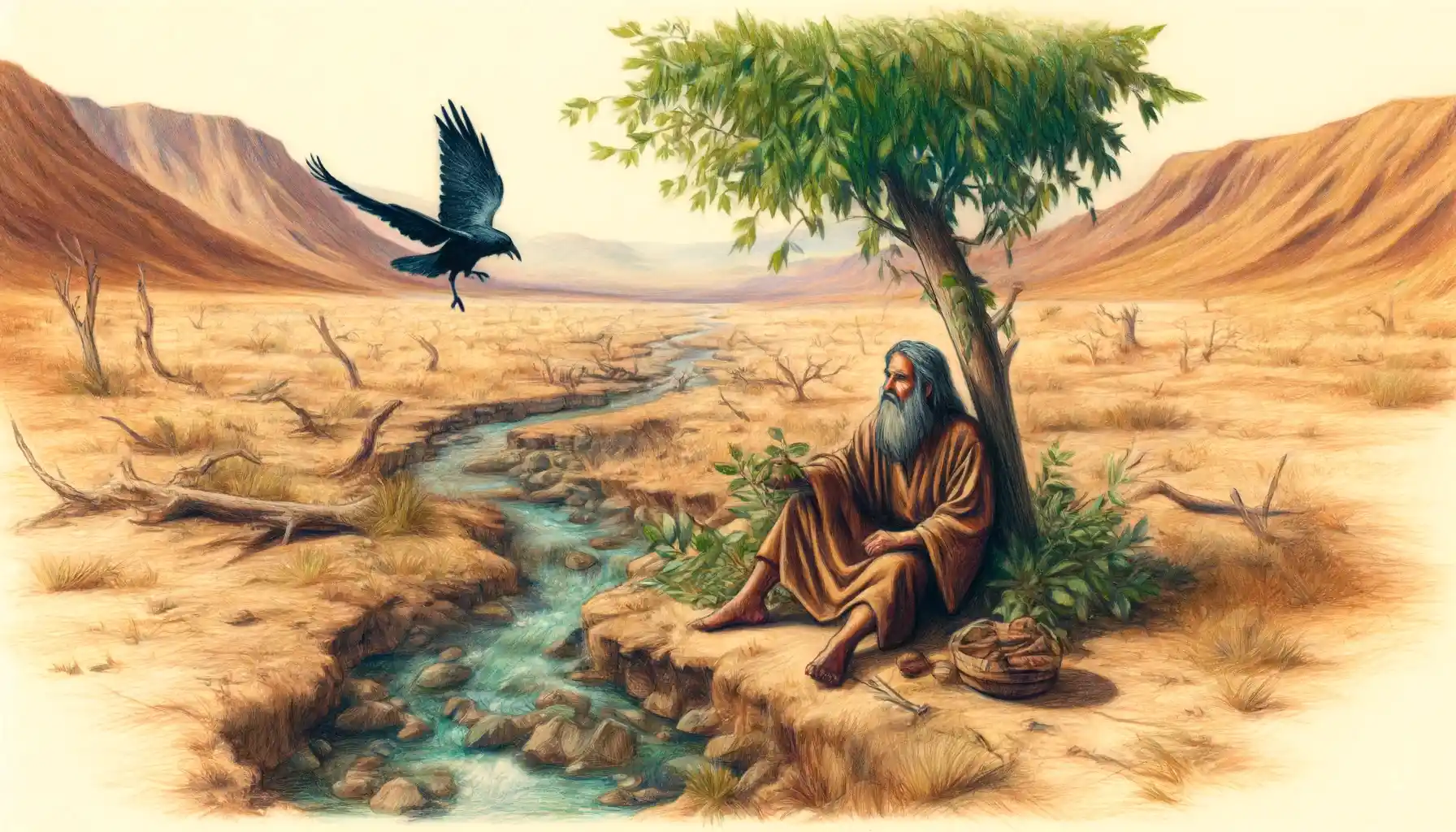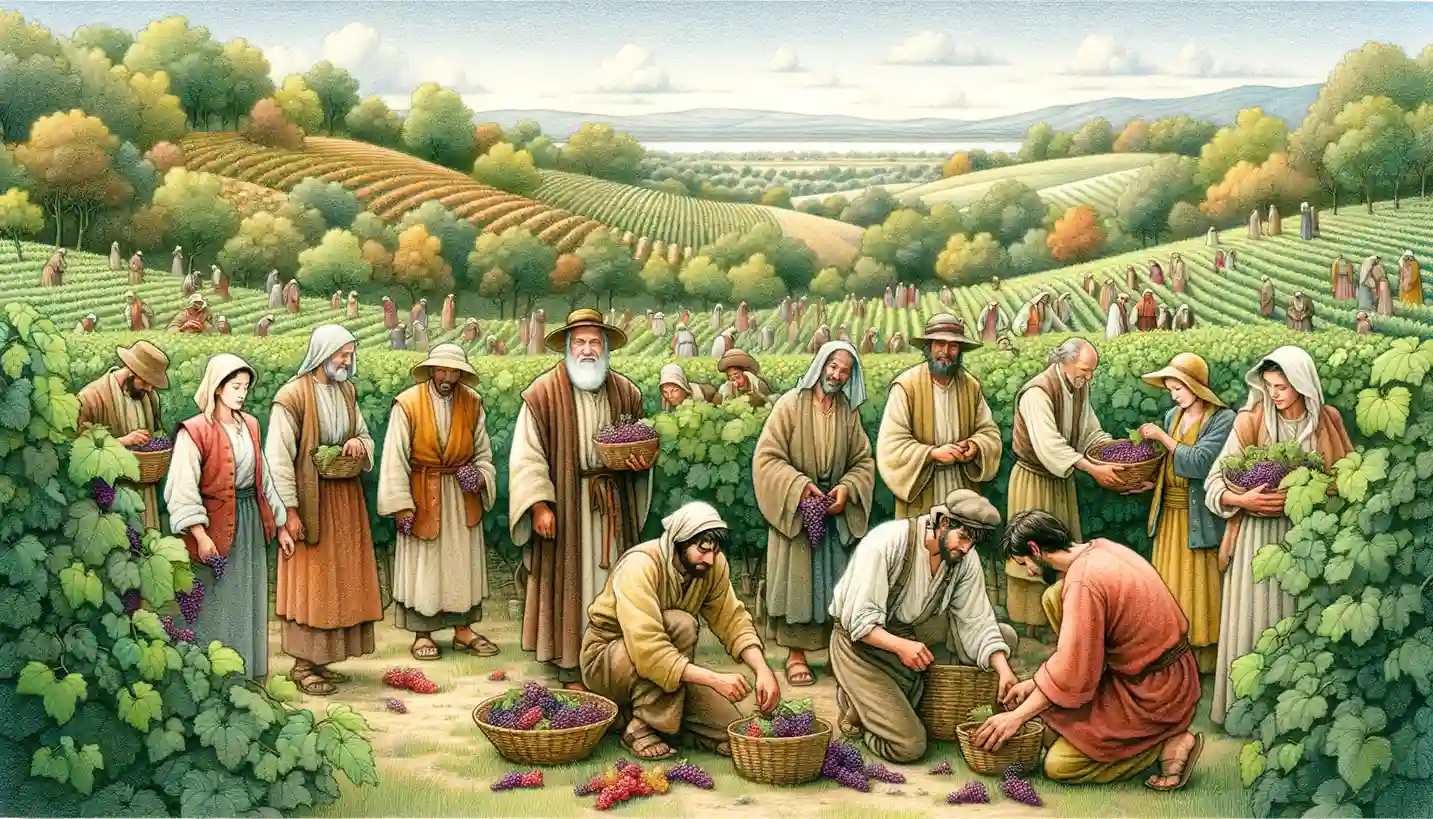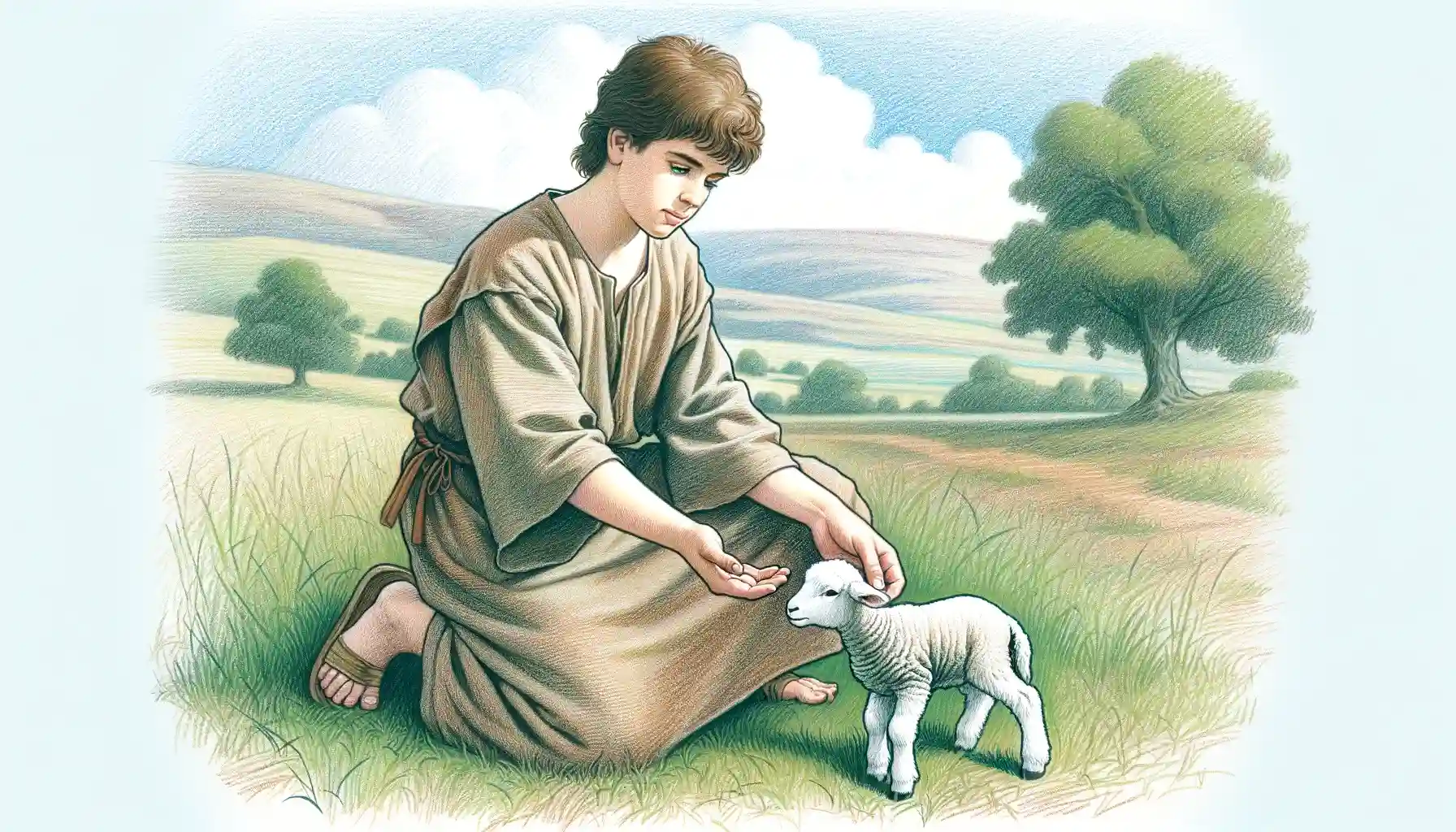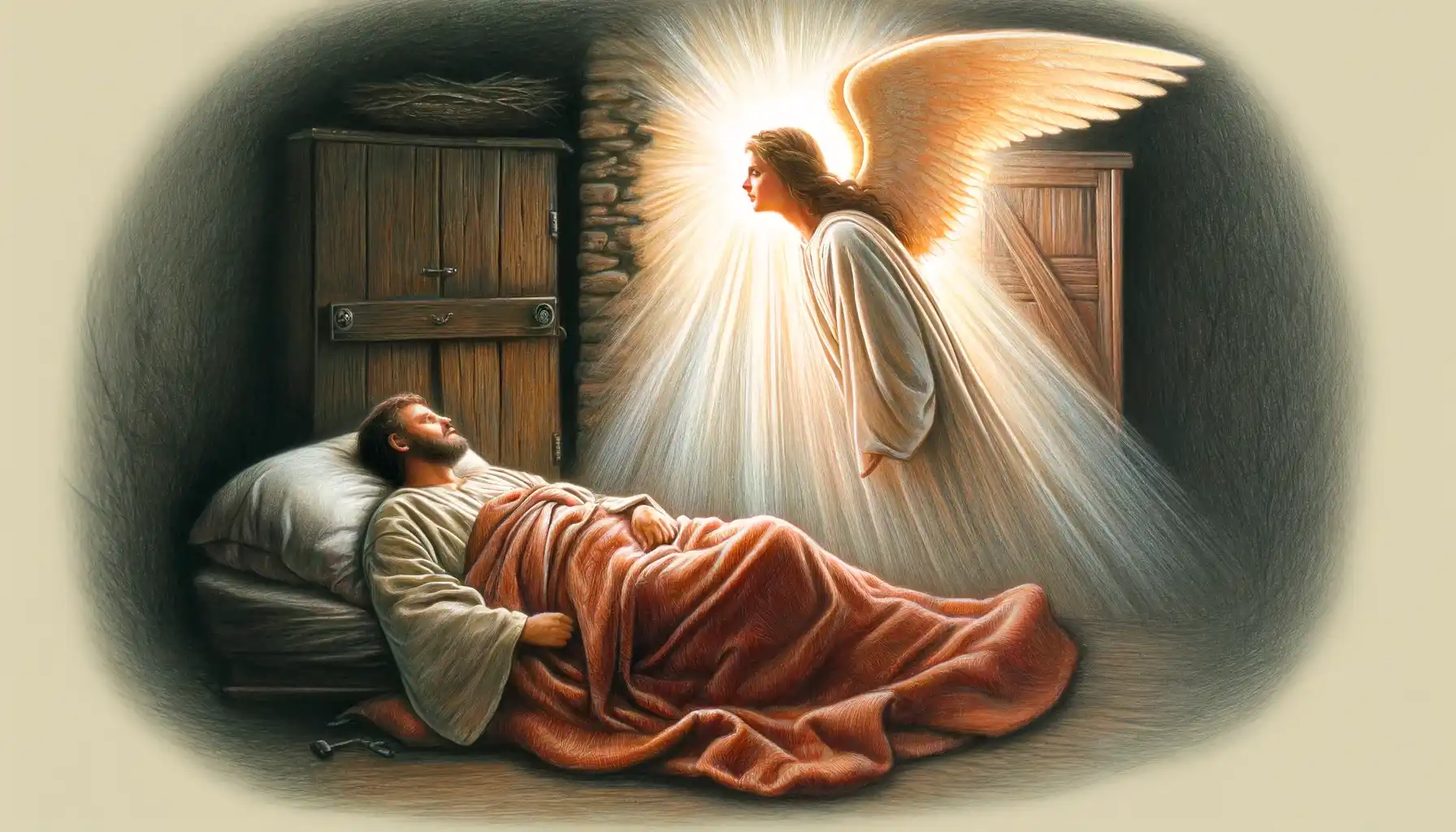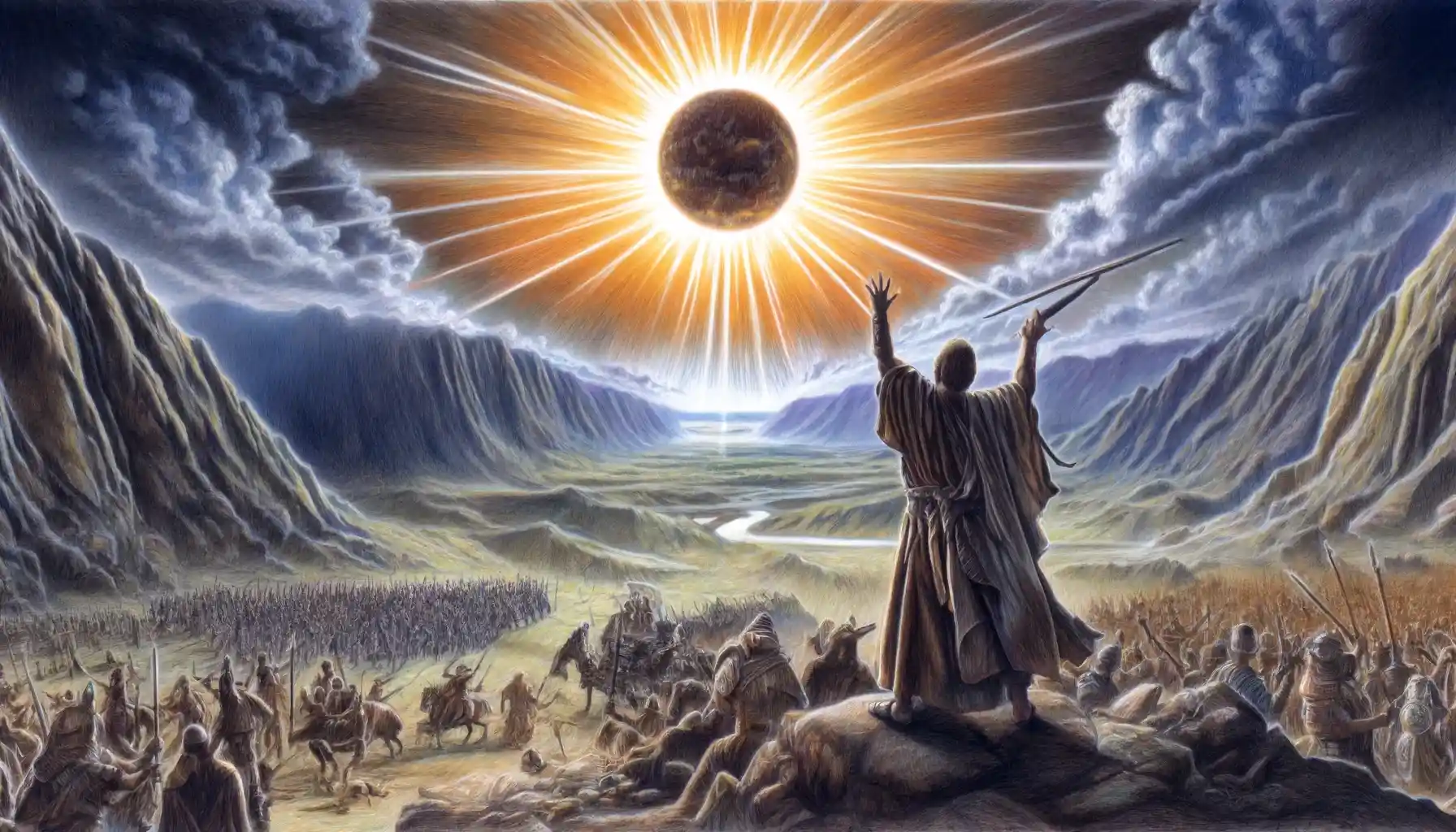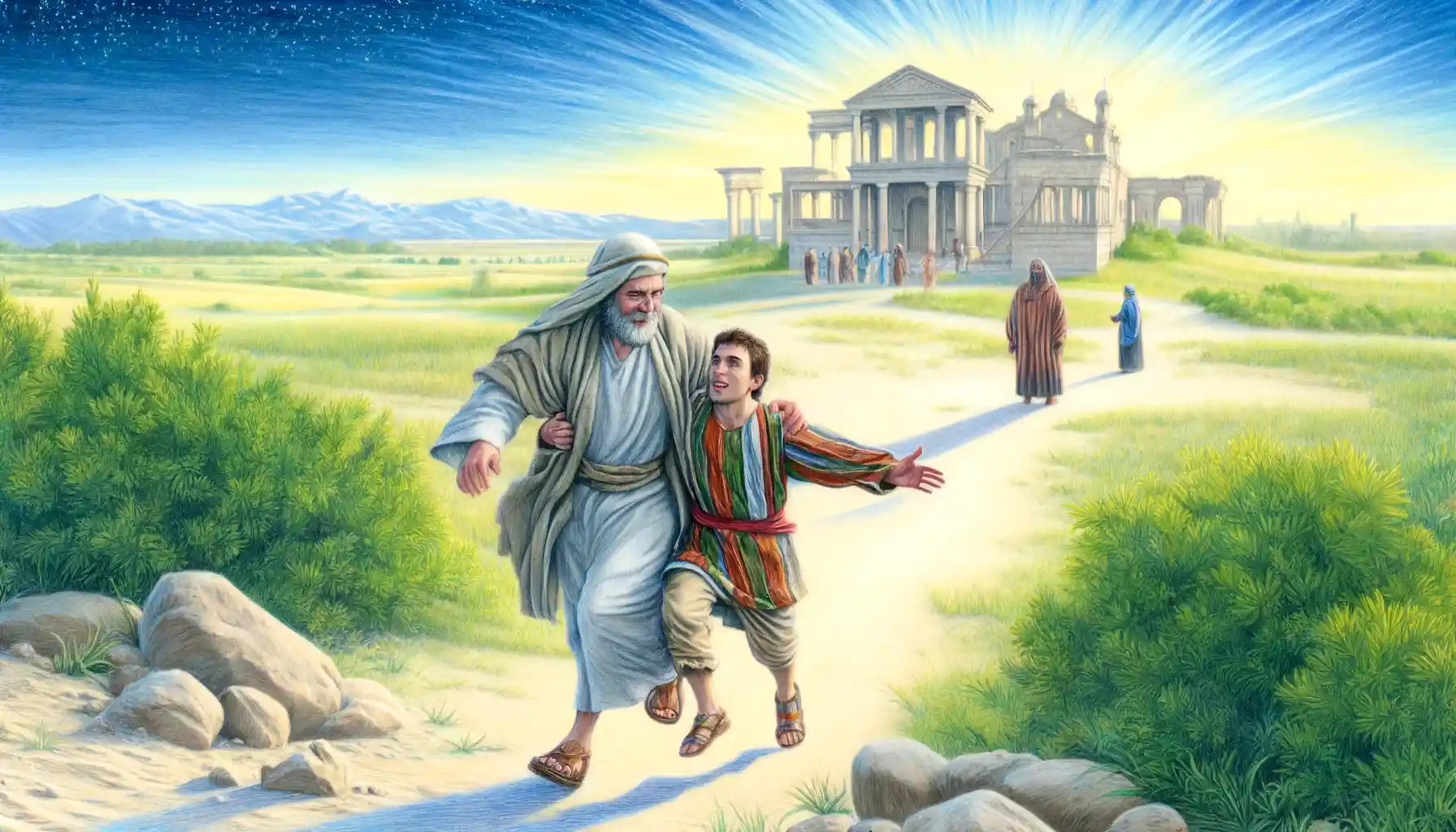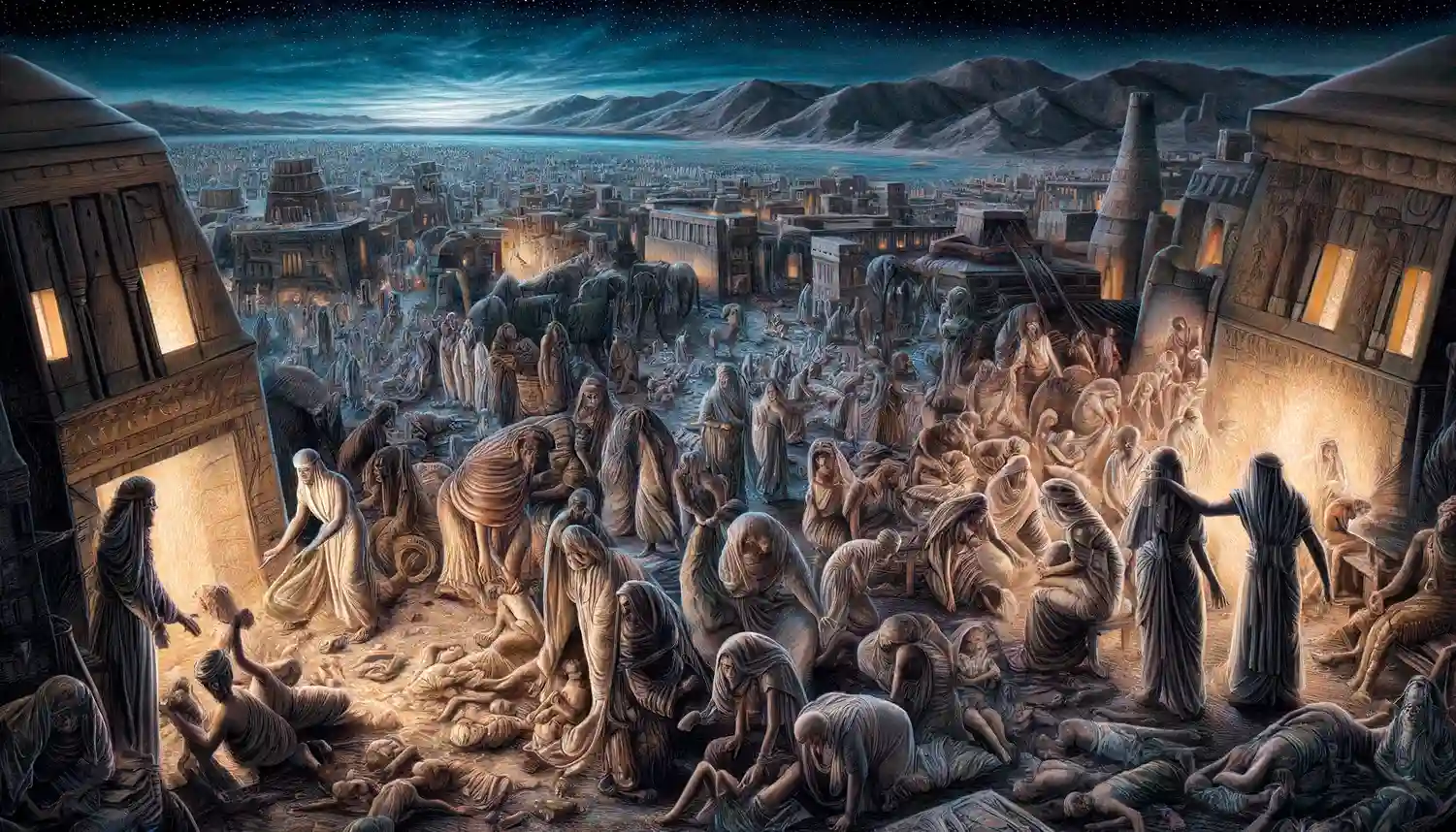The Beatitudes, as detailed in Matthew 5:3-12, encapsulate Jesus’ profound teachings on the spiritual attitudes that lead to blessedness, revealing the kingdom values of humility, mercy, and righteousness that promise divine comfort and reward.
Jonah’s prayer from within the fish, as recounted in Jonah 2:1-9, serves as a profound theological reflection on themes of distress, divine intervention, and deliverance, demonstrating his spiritual renewal and the immutable mercy of God even in the depths of despair.
In 1 Kings 17:4-6, God miraculously sustains the prophet Elijah during a severe drought by commanding ravens to deliver him bread and meat twice daily while he remains hidden beside the Brook Cherith.
The Parable of the Laborers in the Vineyard in Matthew 20:1-16 illustrates the generosity of God’s grace, where all workers receive equal wages regardless of their start time.
Abel’s offering in Genesis 4:4, involving the best portions of the firstborn of his flock, is not only a symbol of sincere and sacrificial worship but also serves as a foundational narrative that highlights themes of divine favor, the righteousness of faith, and the profound consequences of jealousy and sin in human relationships.
The Seven Seals, Trumpets, and Bowls of Wrath described in Revelation chapters 6 through 16 present a complex series of divine judgments, symbolizing escalating consequences for human sin and unrepentance, and illustrating God’s absolute sovereignty and justice as He moves decisively towards the ultimate restoration of creation and the final defeat of evil.
The prophecy of a virgin birth in Isaiah 7:14, fulfilled in Matthew 1:18-23, profoundly articulates the theological and historical dimensions of Jesus’ miraculous conception, emphasizing His divine nature and the fulfillment of Old Testament prophecy, which is central to Christian doctrine and worship.
The Sun Stands Still: In Joshua 10:13, during the battle of Gibeon, Joshua asks God to stop the sun and moon, and they comply. This miraculous event, meant to allow Israel more time to defeat their enemies, is unique in biblical accounts of celestial intervention.
The Parable of the Lost Son in Luke 15:11-32 masterfully illustrates the profound themes of repentance, divine grace, and reconciliation, portraying a father’s boundless mercy as a reflection of God’s unconditional love for sinners, and challenging the faithful to embrace forgiveness and celebrate the redemption of the lost.
The death of the Egyptian firstborns, as narrated in Exodus 12:29-30, represents a profound divine intervention that marked the climactic and decisive act leading to the liberation of the Israelites from Egyptian bondage, embodying themes of divine justice, retribution, and the fulfillment of God’s covenant.

